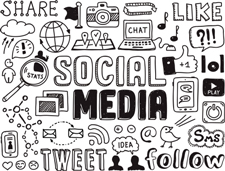As health-care providers computerize how they take care of us, we’re computerizing how we take care of ourselves—and how we connect back to our doctors. There are apps for managing our prescriptions, tracking blood sugar, and monitoring pacemakers or pregnancies. These tools are critical to breaking the chokehold that paperwork, waiting rooms and endless process have on medicine…
As health-care providers computerize how they take care of us, we’re computerizing how we take care of ourselves—and how we connect back to our doctors. There are apps for managing our prescriptions, tracking blood sugar, and monitoring pacemakers or pregnancies. These tools are critical to breaking the chokehold that paperwork, waiting rooms and endless process have on medicine…
The FDA wants to regulate software used to support the decisions made by patients and health-care providers in the same way it regulates the software embedded in medical hardware such as X-ray machines and infusion pumps. But existing regulations don’t fit the new kinds of apps that developers are making, such as portable health records and programs that let doctors and patients keep track of data on iPads. Some 62% of physicians are now using tablets at the point of patient care…
The FDA’s approach to health-information technology risks snuffing out activity at a critical frontier of health care. Poor, slow regulation would encourage programmers to move on, leaving health care to roil away for yet another generation, fragmented, disconnected and choking on paperwork.
Source: WSJ editorial by Scott Gottleib and J.D. Klienke.







